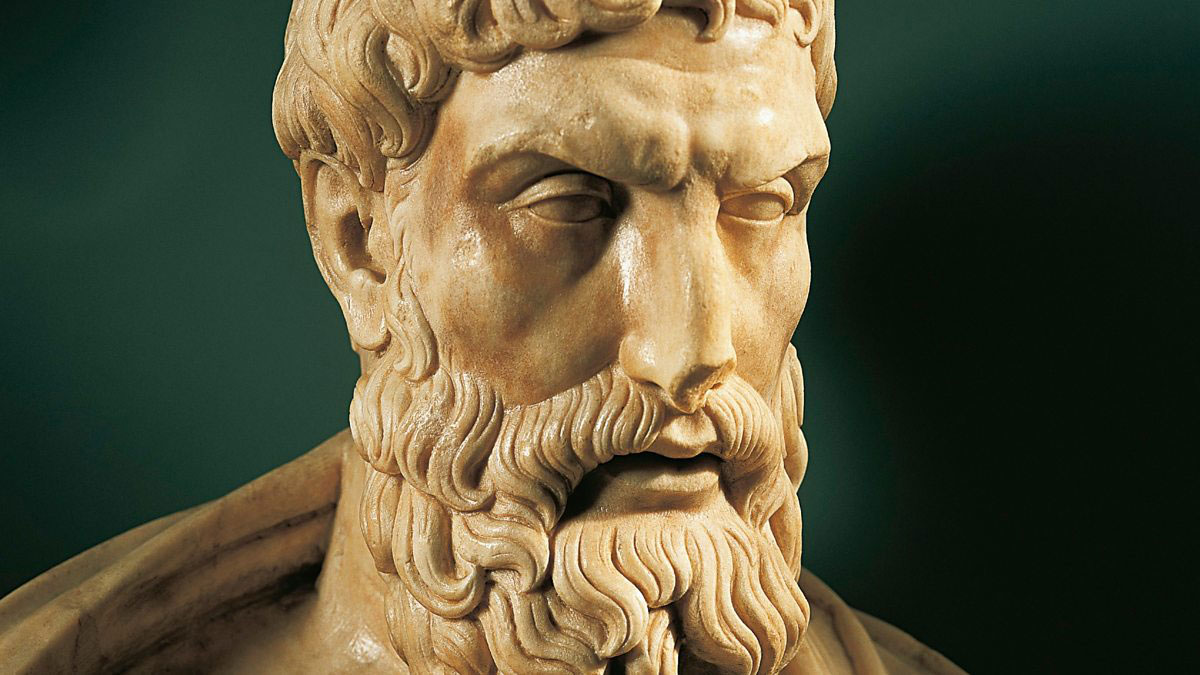The Epicurean Lifestyle: Finding Lasting Joy in Simplicity and Mindful Living

Understanding the Epicurean Lifestyle
The Epicurean lifestyle is rooted in the teachings of Epicurus, an ancient Greek philosopher who believed that pleasure and happiness are the chief goals in life. However, contrary to popular misconception, Epicureanism does not encourage reckless indulgence or hedonism. Instead, it advocates for a life focused on simple pleasures, the absence of pain, and inner tranquility [1] , [3] . The Epicurean approach suggests that true contentment is achieved not by chasing every desire, but by cultivating meaningful relationships, practicing moderation, and savoring everyday experiences.
Core Principles of Epicureanism
At its heart, the Epicurean philosophy revolves around several key ideas:
- Pleasure Defined as Absence of Pain: Epicurus taught that the highest pleasure comes from the removal of both mental and physical pain, rather than from the pursuit of constant indulgence [1] , [4] .
- Simplicity and Self-Sufficiency: Living with less, embracing minimalism, and relying on only what is necessary are central to Epicurean living. This reduces anxiety caused by material desires and cultivates lasting satisfaction [2] .
- Value of Friendship: Epicurus placed immense value on deep, supportive friendships as a fundamental source of happiness and resilience [5] .
- Mindful Consumption: Epicureans seek joy in a few high-quality experiences or possessions rather than seeking more for its own sake [1] .
- Freedom from Fear: The philosophy encourages letting go of fears-especially those concerning death and the gods-because these fears disrupt inner peace [4] .
Putting Epicureanism into Practice: Step-by-Step Guidance
Adopting an Epicurean lifestyle is a gradual process that involves shifting your mindset and daily habits. Here is a guide to begin your own journey:
- Reflect on Your Desires: Start by evaluating your current wants and needs. Consider which desires are essential for comfort and which are driven by societal pressure or fleeting impulses. This self-examination is key to understanding what truly brings you satisfaction [2] .
- Embrace Simplicity: Simplify your surroundings by decluttering your home and workspaces. Choose quality over quantity in your purchases, focusing on what genuinely enhances your well-being. Many find that minimalism leads to less stress and more clarity.
- Cultivate Meaningful Relationships: Nurture friendships and family connections. Set aside time for deep conversations, shared meals, and mutual support. Research shows that strong social bonds are a major contributor to happiness and longevity [5] .
- Practice Mindfulness and Moderation: Approach activities such as eating, socializing, or entertainment with intention and moderation. Avoid the trap of overindulgence, which often leads to discomfort and dissatisfaction. Mindful consumption allows you to savor experiences more fully [1] .
- Let Go of Unnecessary Fears: Epicureanism teaches that many of our anxieties are unfounded, especially those concerning death or the supernatural. Reflecting on these fears and seeking philosophical understanding can promote peace of mind [4] .
- Pursue Self-Sufficiency: Learn to meet your basic needs independently where possible, whether through cooking simple meals, maintaining a budget, or practicing self-care. This fosters resilience and reduces dependence on external circumstances.
- Engage in Daily Joys: Incorporate small rituals into your day, such as enjoying a quiet cup of coffee, spending time in nature, or reading. Savoring these moments can lead to a greater appreciation of life’s ordinary pleasures [1] .
Benefits of the Epicurean Lifestyle
Adopting the Epicurean approach can result in:
- Reduced Stress: By focusing on essential needs and letting go of extraneous desires, individuals often experience less anxiety and more inner peace.
- Increased Happiness: Cultivating deep relationships and savoring simple pleasures leads to sustained contentment rather than fleeting highs.
- Greater Resilience: Learning to endure pain and face challenges with equanimity strengthens your capacity to handle life’s ups and downs [4] .
- Improved Well-Being: Mindful living and self-sufficiency contribute to overall health, both mental and physical.
Common Misconceptions and Clarifications
Some believe the Epicurean lifestyle is about luxury and indulgence. In reality, Epicurus warned against overindulgence because it often leads to pain and dissatisfaction. The philosophy is not about escapism, but about actively cultivating a balanced, examined life [1] , [3] . Epicureans typically avoid excessive wealth, power-seeking, or fame, as these pursuits can create turmoil and distract from genuine happiness [3] .
Overcoming Challenges on the Epicurean Path
Transitioning to an Epicurean lifestyle may present difficulties, especially in a culture that prizes material success and constant achievement. You may encounter skepticism or pressure from others to conform to consumerist norms. To overcome these obstacles:
- Remind yourself regularly of your core values and goals.
- Seek out like-minded individuals or communities for support.
- Practice patience, as lasting change is often gradual.
- Experiment with different strategies for simplifying your life, and adapt as needed.
Alternatives and Complementary Approaches
If a fully Epicurean lifestyle does not suit you, consider integrating select principles into your current routine. For example, you might focus on mindful consumption without fully adopting minimalism, or prioritize cultivating friendships even if you are not ready to let go of certain ambitions. Stoicism, another ancient philosophy, also offers valuable guidance on resilience and inner peace. Exploring both can provide a broader perspective on well-being.

Source: epicureanlife.co.uk
How to Learn More and Get Started
To further explore the Epicurean lifestyle, you can:
- Read Epicurus’s Principal Doctrines and related philosophical texts. These provide foundational insights and practical aphorisms for living well [4] .
- Search for local or online philosophy discussion groups focused on Epicureanism or related topics. Engaging with others can deepen your understanding and commitment.
- Follow educational platforms and trusted philosophy websites to access articles and resources. For example, Philosophy Break and Stanford Encyclopedia of Philosophy offer in-depth articles on Epicureanism [4] , [5] .
- Practice self-reflection and journaling to track your progress and insights as you implement Epicurean principles.
When searching for further resources, use keywords like “Epicurean philosophy,” “Epicurus lifestyle,” or “how to live simply according to Epicureanism.” Ensure any guides or communities you join are reputable by checking their background and reviews.

Source: epicureanlifestyle.blogspot.com
Key Takeaways
The Epicurean lifestyle offers a pathway to lasting joy through simplicity, mindful pleasure, and meaningful relationships . By letting go of unnecessary fears and desires, and focusing on what genuinely matters, you can experience greater peace and satisfaction in daily life. While challenges may arise, the rewards of clarity, connection, and inner calm make this philosophy a compelling choice for modern living.
References
- [1] Four Philosophies (2024). How Epicurean Principles Can Enhance Modern Living.
- [2] Different Level (2022). Epicurean Philosophy and Way of Life.
- [3] Wikipedia (2002). Epicureanism.
- [4] Philosophy Break (2013). Epicurus’s Principal Doctrines: 40 Aphorisms for Living Well.
- [5] Stanford Encyclopedia of Philosophy (2005). Epicurus.






